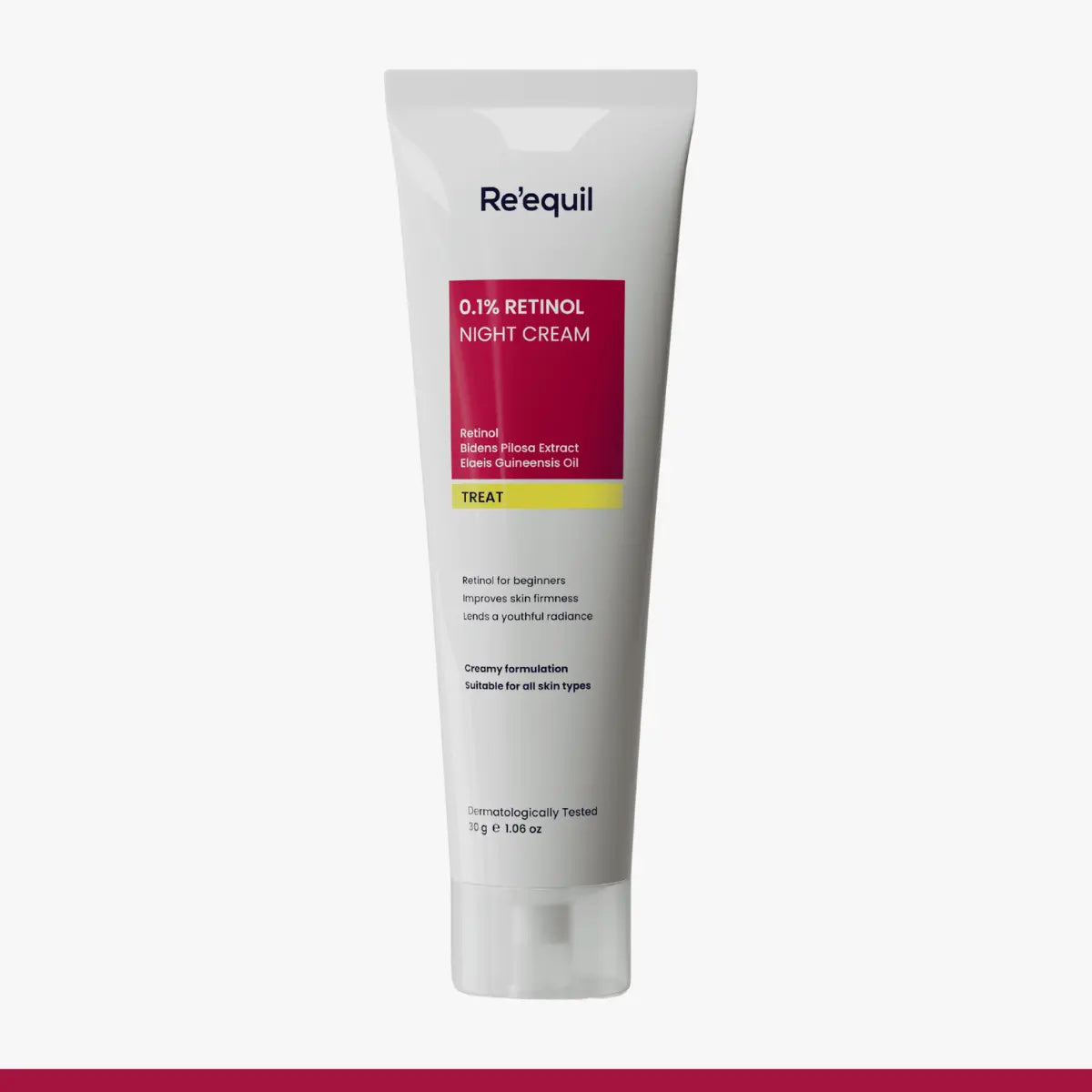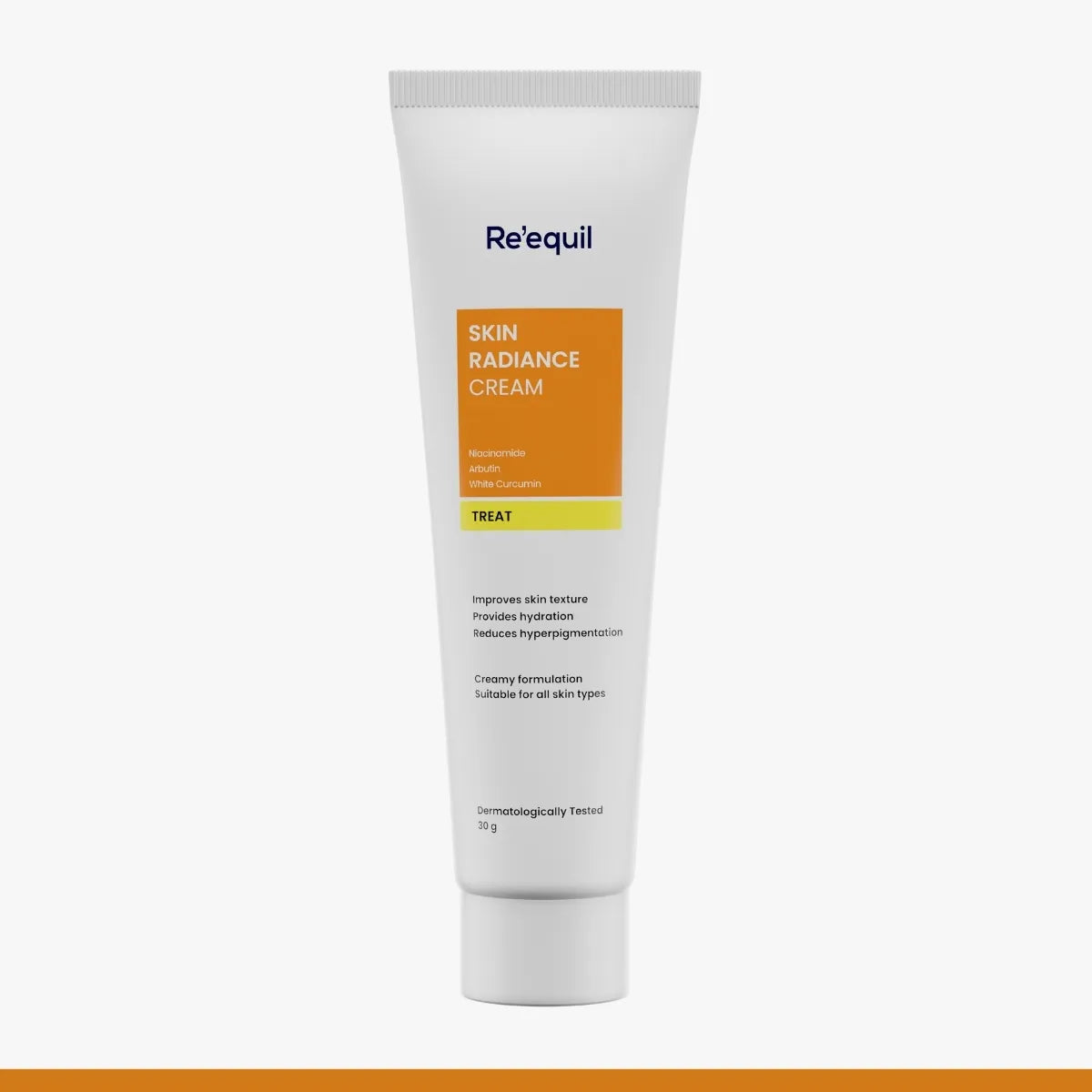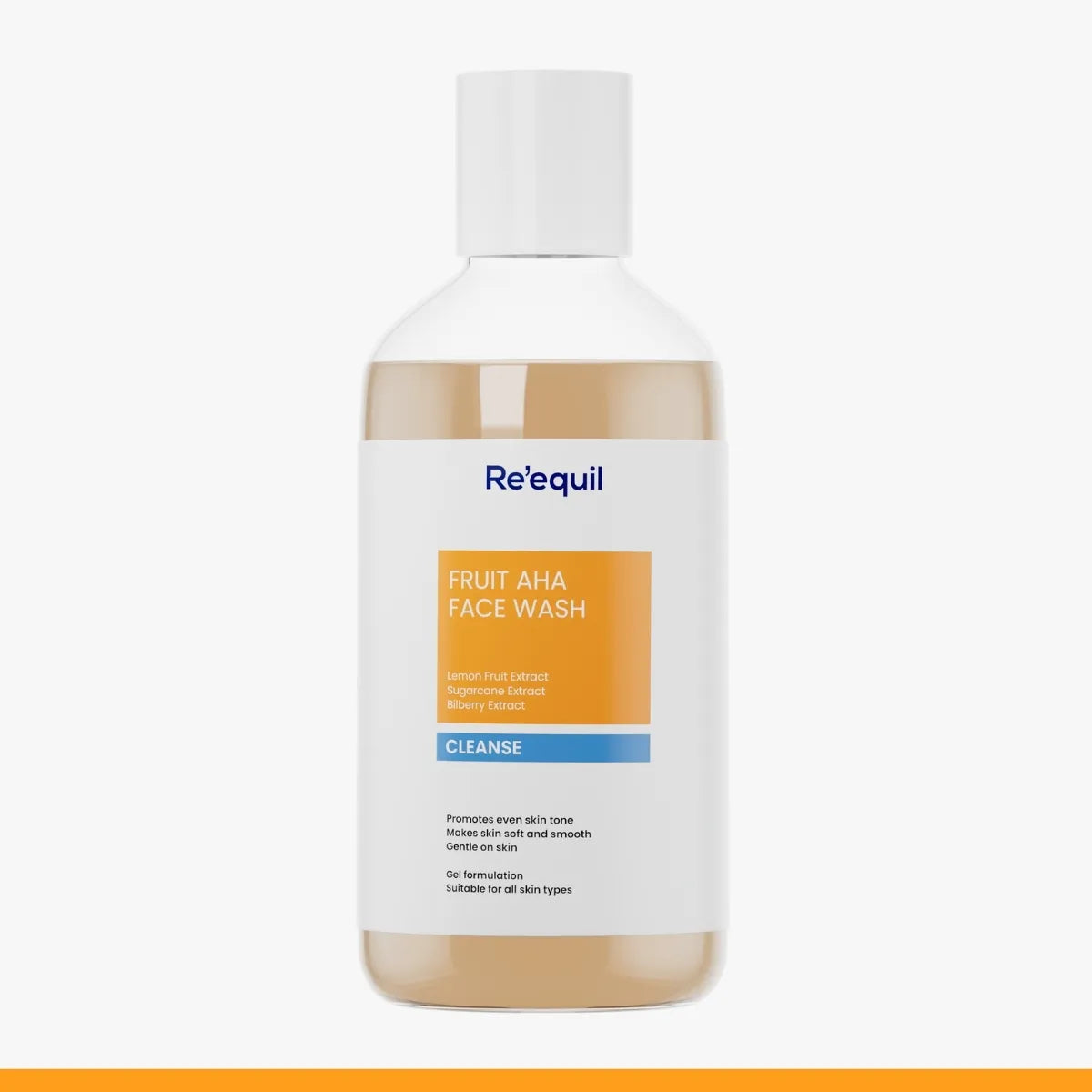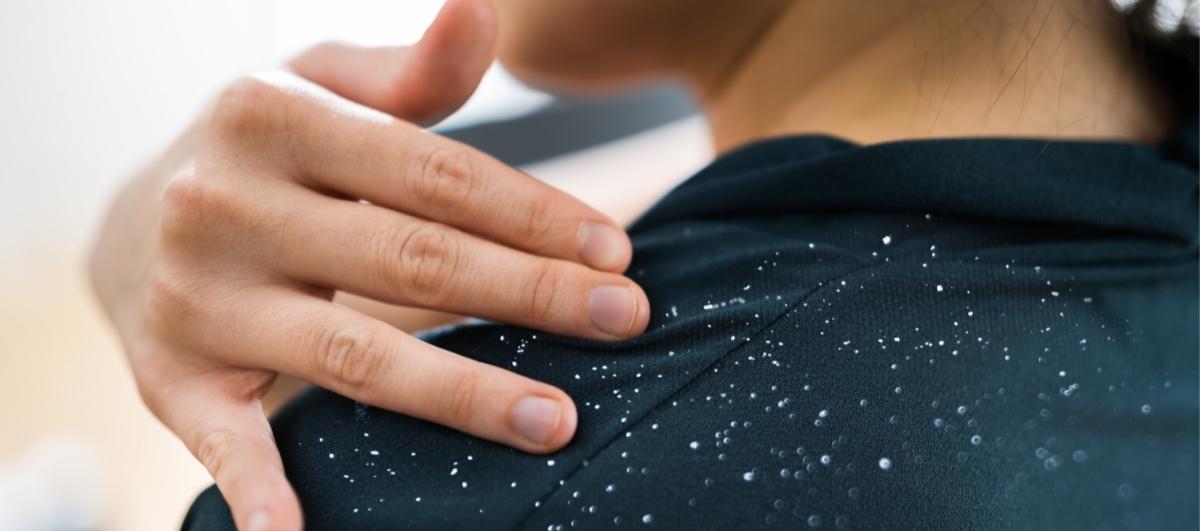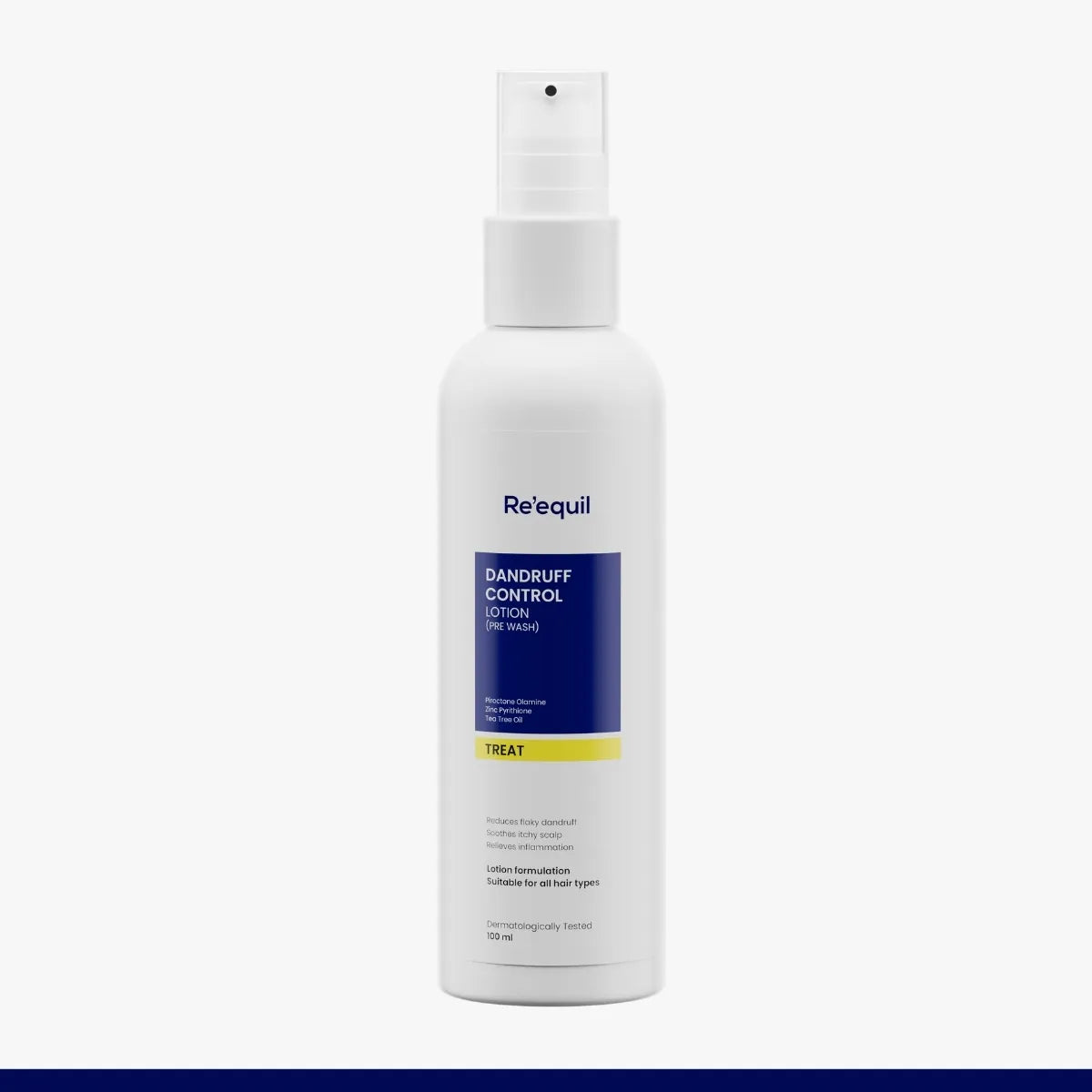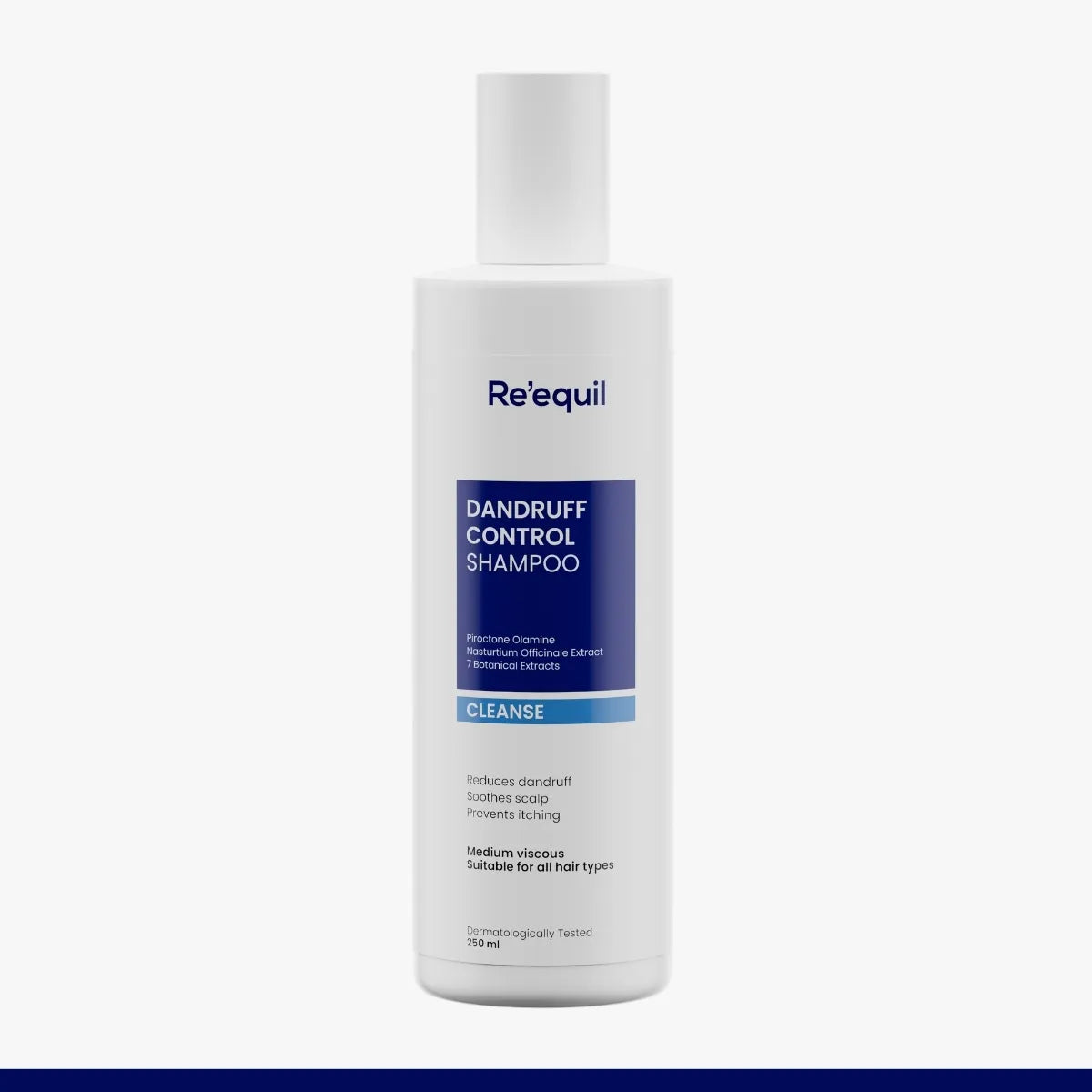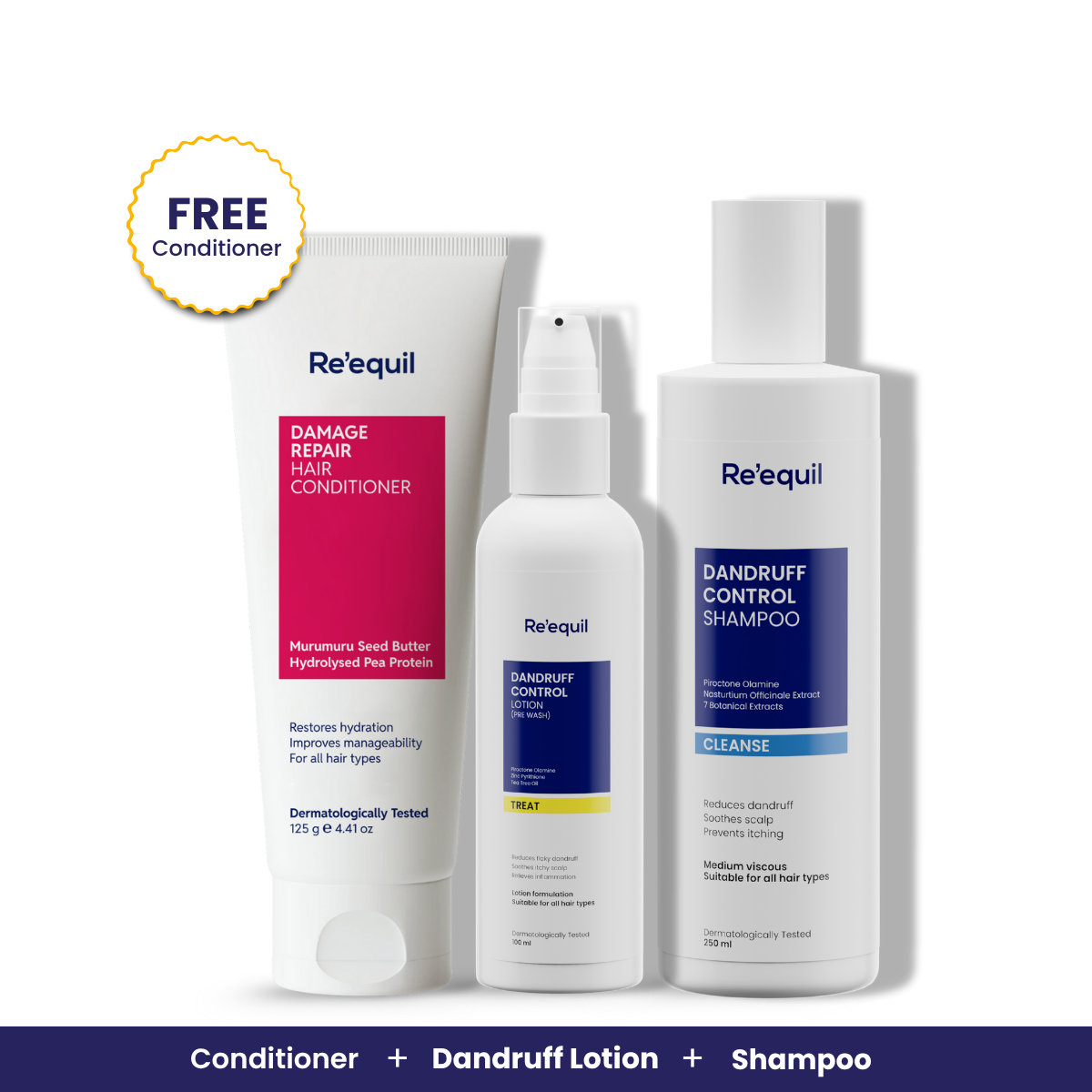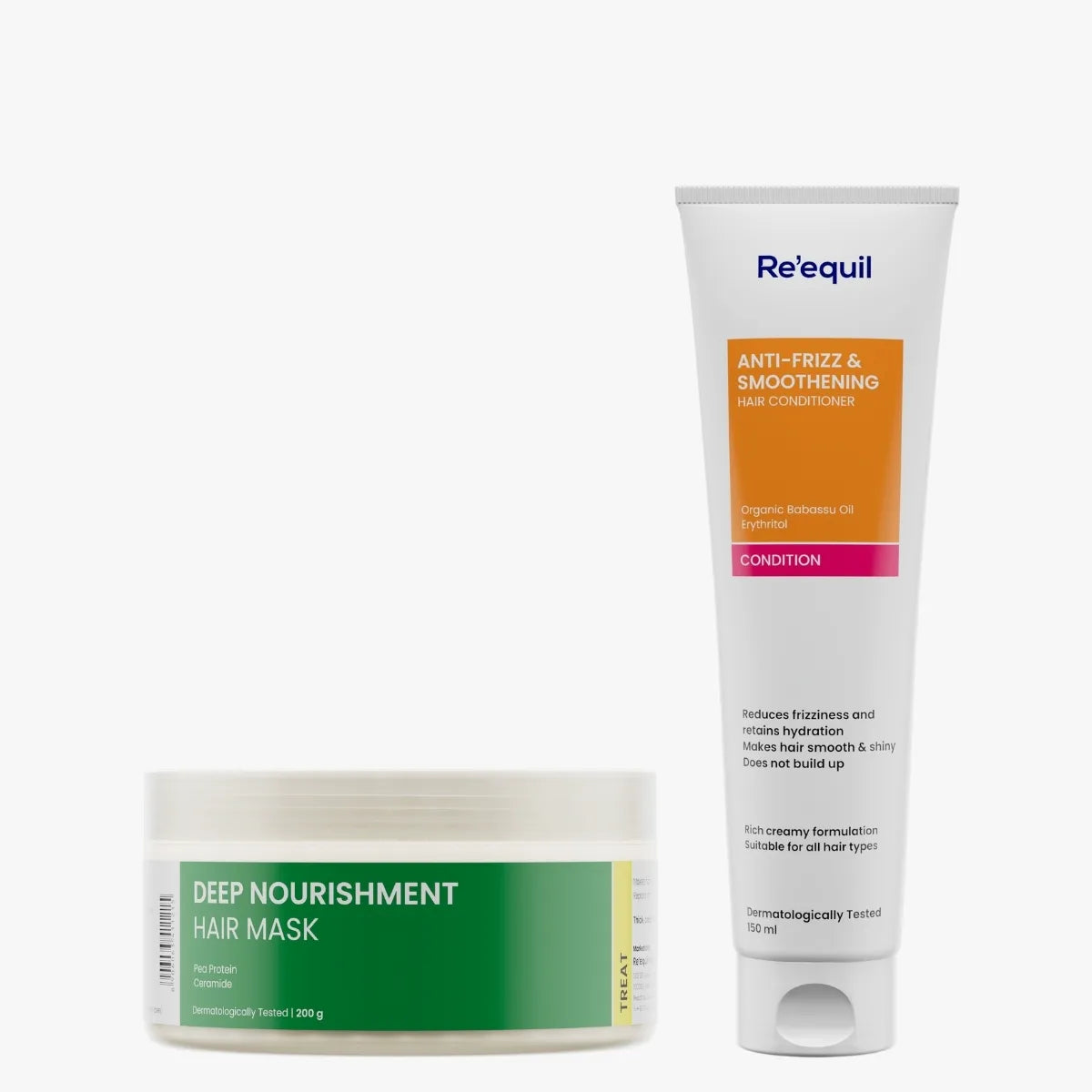Visible dandruff flakes on clothing or on the scalp can be embarrassing and can affect one’s self-confidence, especially in social or professional situations. Persistent dandruff issues usually cause psychological distress, including stress and anxiety, due to the social stigma associated with the condition.
However, dandruff is a common scalp condition characterised by the shedding of dead skin cells from the scalp in the form of white or yellow flakes. It can be caused by various factors and may require different approaches for effective management.
The most common type of dandruff is often caused by a dry scalp, often referred to as ‘Pityriasis Simplex’. This results in small, white flakes that are not oily. On the other hand, there is oily dandruff, often referred to as ‘Seborrheic Dermatitis’ which is typically associated with an oily scalp. This results in larger, yellowish, greasy flakes and is often accompanied by redness and itching.
Top 7 causes for dandruff: Exploring the triggers of flaky scalp
Dandruff flakes can lead to various problems and discomforts. It is often associated with excessive shedding of skin cells, inflammation, and the presence of scales or flake-like appearance. Let us explore the major contributory factors that lead up to the condition of a dandruff-prone scalp.
-
Malassezia fungus
One of the primary causes of dandruff is the presence of a yeast-like fungus called Malassezia on the scalp. This fungus feeds on the oils produced by the hair follicles and can lead to excessive skin cell turnover, leading to dandruff.
-
Dry skin
Dry skin on the scalp can result in small, dry flakes. Factors such as cold weather, frequent shampooing with harsh products, or inadequate conditioning can contribute to dry scalp and dandruff.
-
Sebum overproduction
Excessive production of sebum (the natural oil produced by the scalp) can contribute to oily dandruff. It creates an environment where the fungus Malassezia thrives, causing dandruff flakes.
-
Stress
Stress can weaken the immune system and make you more susceptible to dandruff. It also contributes to chronic inflammation that can affect the skin, including the scalp. Inflammatory skin conditions can lead to flaking, redness and itching.
-
Sensitivity to hair products
Some individuals may be sensitive or allergic to certain hair care products, including shampoos, conditioners, or hair styling products. Ingredients in these products can irritate the scalp and contribute to dandruff.
-
Medical skin conditions
Certain skin conditions, such as psoriasis, eczema, or dermatitis, can cause symptoms like dandruff and may exacerbate the condition. In such conditions, the skin cells multiply at an accelerated rate, leading to the formation of thick, scaly patches or plaques.
-
Nutrient deficiency
A diet lacking in essential nutrients, particularly vitamins and minerals like zinc, vitamin B, and vitamin D, can affect the overall health of your skin and scalp. These nutrients play crucial roles in maintaining skin integrity and a healthy scalp.
It is important to note that dandruff is a common and usually harmless condition. While it can be persistent, it can often be managed effectively with the right approach, including the use of anti-dandruff shampoos, serums, suitable ingredients, and proper scalp care.
3-Step care guide for your scalp: An effective hair care routine for dandruff-prone hair
Crafting an effective hair care routine for dandruff-prone hair necessitates a blend of specialised products with clinically approved formulations designed to effectively manage and alleviate dandruff, while promoting overall scalp health. Embark on your journey with these fundamental essentials.
-
Dandruff control shampoos
These shampoos are formulated with active anti-fungal ingredients like Piroctone Olamine or Zinc Pyrithione, specifically targeting the root causes of dandruff, such as fungal overgrowth or excessive oil production. They also provide essential nutrients to hair follicles that promote hair vitality and restore fuller hair. Following are their benefits.
- Minimise flaking and the visibility of dandruff
- Calm scalp itching
-
Provide thorough cleansing and reduces inflammation
-
Anti-dandruff lotions
These are applied before shampooing to prevent dandruff from reoccurring between washes. Suitable for all hair types, these advanced formulas maintain the scalp's sebum balance, curbing dryness and itching, while inhibiting dandruff recurrence. To attain maximum benefits, go for products enriched in Piroctone Olamine and Tea Tree Oil as they have the required anti-microbial and anti-inflammatory properties.
-
Nourishing conditioners for dandruff-prone hair
Conditioners enriched in Organic Babassu Oil, Erythritol, and Brassicamidopropyl Dimethylamine assume a crucial role in taming frizz and achieving smoother, more manageable locks. They work by coating the hair shaft, forming a protective barrier that prevents unwanted moisture loss, thereby averting scalp redness, itching and tightening hair follicles.
Note - By incorporating these well-formulated products into your hair care regimen, you can effectively combat dandruff and maintain healthier, more manageable hair.
Top 5 ingredients that matter: Nourishing your scalp for dandruff-free hair
Ingredients play a pivotal role in combatting dandruff and safeguarding against a spectrum of hair-related concerns, encompassing dryness, breakage and thinning. It also helps rejuvenate overall hair health, provide nourishment and natural lustre. Distinctive ingredients present specific advantages, ensuring overall hair well-being. Let’s explore a few.
-
Tropaeolum Majus (Nasturtium or Indian Cress)
Known colloquially as Nasturtium or Indian Cress, this power ingredient is endowed with antibacterial and antifungal properties that contribute to maintaining a clean and microbe-free scalp environment. This in turn safeguards against microbial infections, a potential trigger for hair deterioration.
-
Piroctone Olamine
It is a potent antifungal and anti-dandruff agent commonly found in hair care products that actively inhibits the growth of Malassezia, a fungus closely associated with dandruff and various scalp conditions. It also aids in exfoliating the scalp and reducing the rate of skin cell turnover. This helps prevent the accumulation of dead skin cells, which can combine with excess oil to form dandruff flakes.
-
Zinc Pyrithione
It is a key active ingredient commonly found in anti-dandruff shampoos and is highly effective in controlling dandruff. It has anti-inflammatory properties that can soothe the scalp and alleviate itching and redness. Zinc Pyrithione helps by regulating sebum production by controlling sebaceous gland activity, reducing scalp oiliness, which contributes to dandruff.
-
Aloe Vera Extract
As a natural moisturiser, it bestows hydration upon both - the hair strands and the scalp. This staves off roughness and hair thinning. Aloe vera's enzymatic content fosters scalp exfoliation, ridding it of dead skin cells and fostering a healthier scalp milieu for new hair growth and reducing excessive dryness and flakes.
-
Hydrolysed Wheat Proteins
These augment hair flexibility, rendering it less prone to breakage. They also enhance the hair's innate lustre and reflective properties, thwarting dryness, and heightening overall hydration.
These ingredients, thoughtfully integrated into hair care formulations, form the cornerstone for the resuscitation of hair vitality and resilience.
Takeaway
Effective hair care products play a pivotal role in reducing dandruff and addressing associated scalp issues, ultimately promoting healthy, strong hair. A good targeted hair care routine not only helps combat flakiness, but also creates an optimal scalp environment for robust hair growth. Additionally, the role of active natural ingredients in dandruff-combatting products ranges from soothing irritation, preventing further damage to restoring the scalp's natural balance, ensuring that your hair remains vibrant, resilient, and free from dandruff-related issues.
